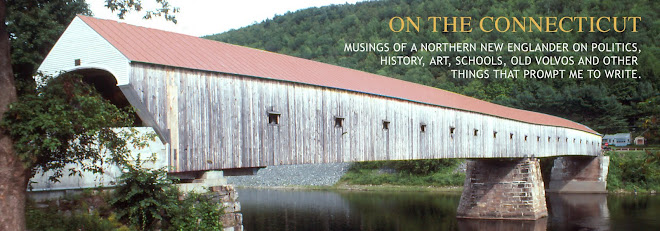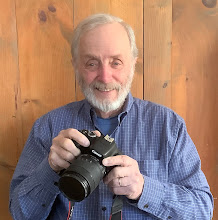We believe in public education in the United States, so we support it with our tax dollars.
In spite of that commitment, we seem afraid to let our young people learn too much. We teach them to read but not be literate. We sanitize history. We censor literature. We restrict science education. We seem intent on stifling our children’s’ curiosity and creativity, rather than encouraging it.
We give lip service to preparing them to reach their potential, but we end up preparing them only for corporate drudgery and consumerism. Instead of teaching them to self-manage, we train them to be managed by others.
Educating young people for a rapidly changing world can no longer be a one-size-fits-all training program based on today’s reality. Technology and globalization are creating a very different world in which our youth will compete.
To be truly prepared, they must have an understanding of the economic, political and social forces that shape the world. They must be aware of the media that shape their consciousness. They must be inquisitive and think for themselves. They must be able to recognize change and then adapt to it.
To solve global problems, our youth must be able to visualize beyond the confines of their own experience. They must have the knowledge and confidence to challenge the ruling elite, ideological extremists and xenophobic nationalists. They must truly understand history to avoid repeating it.
Critical thinking is not learned from a standardized curriculum. It requires curricula that address what it means to be critical citizens and teaches the skills to participate in sustainable democracy. Our young people will need the tools for civic engagement and self-management if we want them to remain free.
Helping our youth become critically engaged citizens is the goal of public education in a democracy.
I'm just a gigolo...
-
OK. The truth be told, I guess I was a gigolo at one time.
I wasn't trying to be. But a woman I had sex with paid me for my time. It
started cuz I missed w...


No comments:
Post a Comment